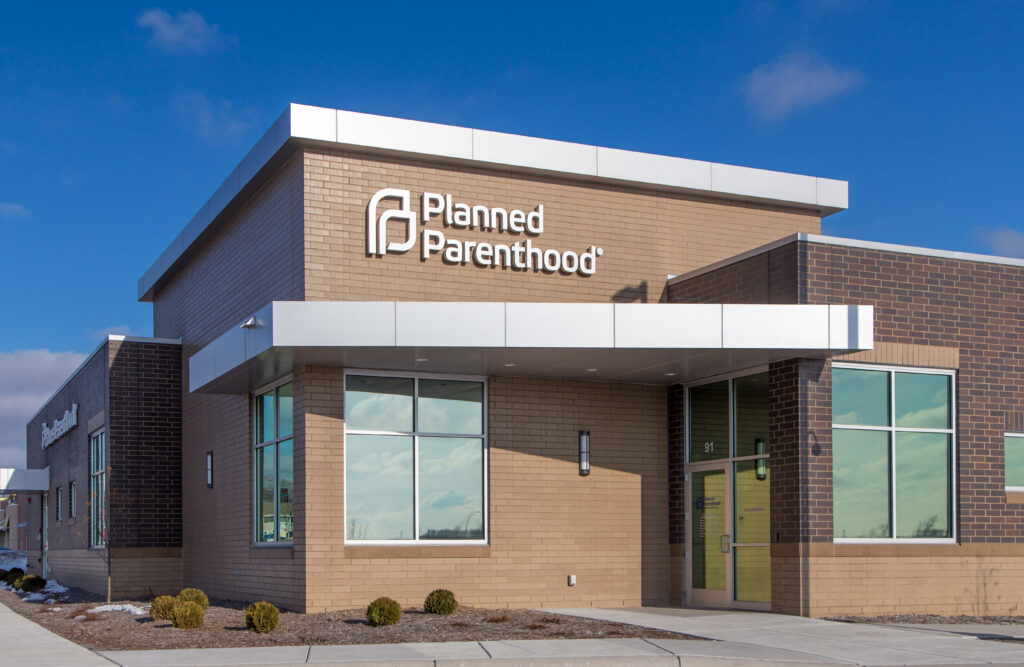A Cohort Study of Mental Health Services Utilization Following a First Pregnancy Abortion or Birth
James Studnicki, Tessa Longbons, John Fisher, David C. Reardon, Ingrid Skop, Christina A. Cirucci, Donna J. Harrison, Christopher Craver, Maka Tsulukidze, Zbigniew Ras
Abstract
Objective: To determine whether exposure to a first pregnancy outcome of induced abortion, compared to a live birth, is associated with an increased risk and likelihood of mental health morbidity.
Materials and methods: Participants were continuously eligible Medicaid beneficiaries age 16 in 1999, and assigned to either of two cohorts based upon the first pregnancy outcome, abortion (n = 1331) or birth (n = 3517), and followed through to 2015. Outcomes were mental health outpatient visits, inpatient hospital admissions, and hospital days of stay. Exposure periods before and after the first pregnancy outcome, a total of 17 years, were determined for each cohort.
Findings: Women with first pregnancy abortions, compared to women with births, had higher risk and likelihood of experiencing all three mental health outcome events in the transition from pre- to post-pregnancy outcome periods: outpatient visits (RR 2.10, CL 2.08-2.12 and OR 3.36, CL 3.29-3.42); hospital inpatient admissions (RR 2.75, CL 2.38-3.18 and OR 5.67, CL 4.39-7.32); hospital inpatient days of stay (RR 7.38, CL 6.83-7.97 and OR 19.64, CL 17.70-21.78). On average, abortion cohort women experienced shorter exposure time before (6.43 versus 7.80 years), and longer exposure time after (10.57 versus 9.20 years) the first pregnancy outcome than birth cohort women. Utilization rates before the first pregnancy outcome, for all three utilization events, were higher for the birth cohort than for the abortion cohort.
Conclusion: A first pregnancy abortion, compared to a birth, is associated with significantly higher subsequent mental health services utilization following the first pregnancy outcome. The risk attributable to abortion is notably higher for inpatient than outpatient mental health services. Higher mental health utilization before the first pregnancy outcome for birth cohort women challenges the explanation that pre-existing mental health history explains mental health problems following abortion, rather than the abortion itself.































